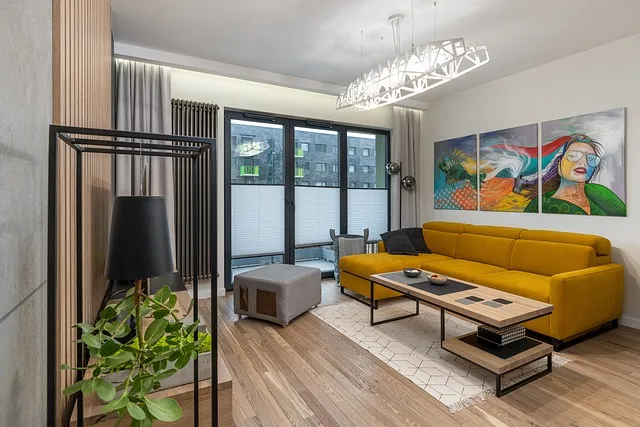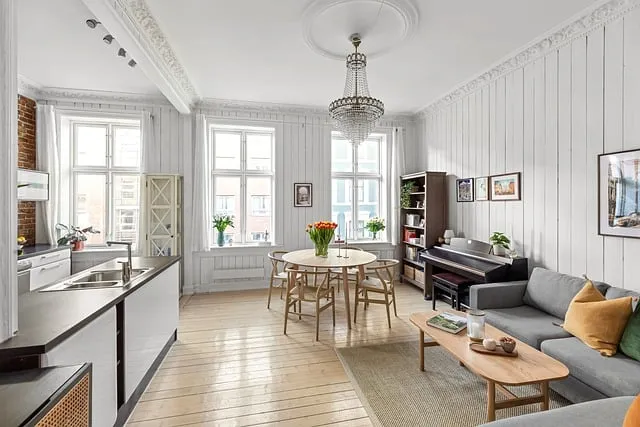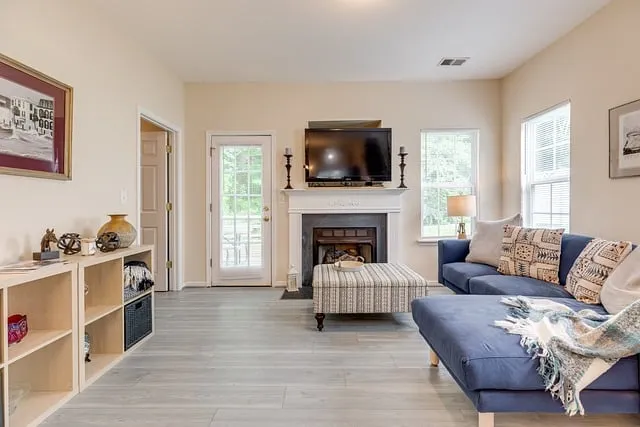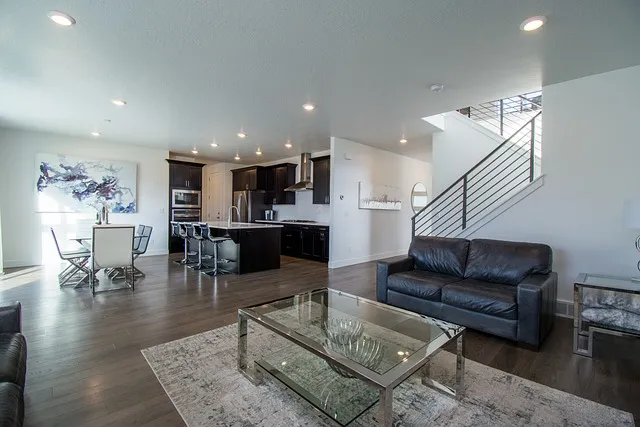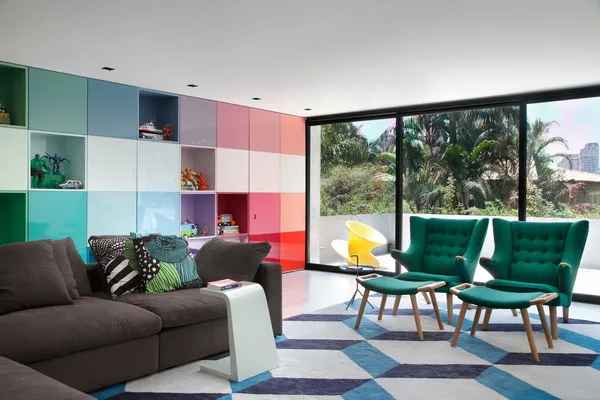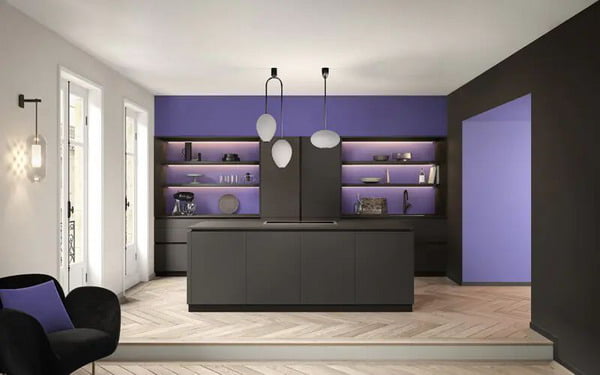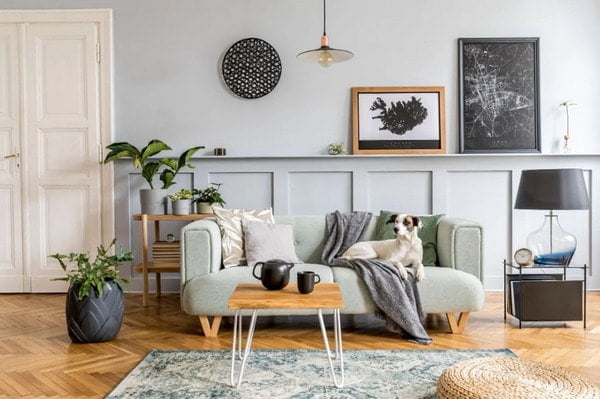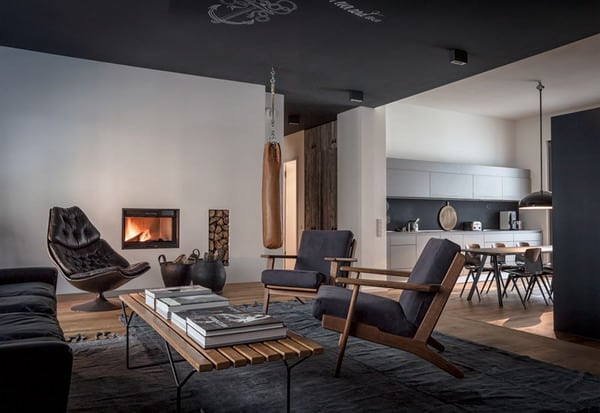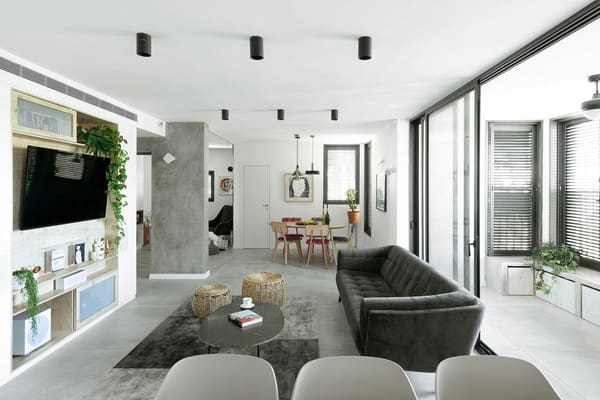New Minimalist Design Ideas 2026: Simplicity Meets Innovation
Last Updated on June 11, 2024 by zeidqi
Minimalism has evolved from a niche aesthetic to a mainstream movement, driven by a growing desire for simplicity, sustainability, and functionality in our living spaces. As we move into 2026, minimalist design continues to adapt, blending timeless principles with modern innovations. This article explores the latest trends and ideas in minimalist design for 2026, offering inspiration for those looking to create serene, stylish, and sustainable environments.
Overview of Minimalist Design 2026
Definition and Principles
Minimalist design is characterized by its simplicity, functionality, and emphasis on essential elements. It focuses on clean lines, uncluttered spaces, and a monochromatic palette with occasional accents. The philosophy behind minimalism is to strip away the unnecessary, allowing the essential elements to shine.
Historical Context
Originating in the post-World War II era, minimalist design was a reaction to the excesses of the previous decades. Influenced by Japanese Zen principles and the Bauhaus movement, it sought to create spaces that were both functional and aesthetically pleasing.
Modern Influence
Today, minimalist design is shaped by technological advancements and the increasing awareness of environmental issues. Smart home technologies and sustainable materials are seamlessly integrated into minimalist spaces, reflecting our modern lifestyles.
Key Trends in Minimalist Design for 2026
Sustainable Materials
In 2026, sustainability remains at the forefront of design trends. Eco-friendly and sustainable materials are no longer an option but a necessity. Expect to see a rise in the use of materials like bamboo, recycled metal, and reclaimed wood. These materials not only reduce environmental impact but also bring a natural, earthy quality to minimalist interiors.
For example, bamboo, known for its rapid growth and renewability, is being used extensively in flooring, furniture, and even textiles. Recycled metals are crafted into sleek, modern fixtures and decor, while reclaimed wood adds warmth and character to minimalist spaces.
Smart Technology Integration
Minimalist design in 2026 seamlessly incorporates smart home technology, enhancing functionality without compromising aesthetics. Smart lighting systems, voice-controlled devices, and integrated home systems are designed to blend into minimalist interiors.
Imagine a living room where lighting adjusts automatically based on the time of day, or a kitchen where appliances are hidden behind sleek panels but come to life with a voice command. These technologies not only add convenience but also contribute to the clean, uncluttered look of minimalist spaces.
Multifunctional Spaces
With the increasing need for versatility in our living environments, multifunctional furniture and spaces are becoming a staple of minimalist design. Think modular furniture that can be rearranged to suit different needs, convertible spaces that serve multiple purposes, and hidden storage solutions that keep clutter at bay.
A prime example is a minimalist sofa that transforms into a guest bed or a dining table with built-in storage compartments. These multifunctional pieces maximize space while maintaining a minimalist aesthetic.
Neutral Color Palettes
Neutral color schemes continue to dominate minimalist design, offering a sense of calm and timelessness. In 2026, expect to see a focus on soft, muted tones like beige, taupe, and greige, with occasional bold accents for contrast.
These colors create a serene backdrop that highlights the simplicity of minimalist interiors. Accents in shades like deep blue, forest green, or terracotta add depth and interest without overwhelming the space.
Natural Light and Open Spaces
Maximizing natural light and creating open, airy spaces are key principles of minimalist design. Large windows, skylights, and the strategic use of mirrors help to enhance natural light and create a sense of openness.
In 2026, the trend leans towards using oversized windows and glass walls to blur the line between indoor and outdoor spaces. This not only floods the interiors with light but also brings in the beauty of the natural surroundings.
New Minimalist Design 2026 in Different Areas
Living Room
Creating a minimalist living room involves focusing on simplicity and comfort. Choose furniture with clean lines and neutral colors, and avoid overcrowding the space with unnecessary items.
Opt for a sleek, low-profile sofa paired with a few well-chosen accessories like a minimalist coffee table and a statement lamp. Keep decor to a minimum – a single piece of art or a few carefully selected plants can add personality without cluttering the space.
Kitchen
Minimalist kitchens in 2026 combine functionality with aesthetics. Handleless cabinets, integrated appliances, and sleek countertops create a seamless look.
Consider using materials like stainless steel, quartz, or concrete for a modern touch. Open shelving can replace upper cabinets to create a more open feel, while a well-organized pantry keeps clutter out of sight.
Bedroom
A minimalist bedroom promotes relaxation and serenity. Choose a simple bed frame with clean lines, and keep the color palette soft and soothing.
Opt for built-in wardrobes and under-bed storage to keep the space clutter-free. Decorate with a few personal touches like a favorite piece of art or a cozy throw blanket to add warmth without overwhelming the space.
Home Office
With more people working from home, a minimalist home office setup can enhance productivity and reduce distractions. Invest in ergonomic furniture, use cable management solutions, and keep the desk setup clean and uncluttered.
Consider a standing desk with adjustable height and minimalistic design, paired with a comfortable chair. Add a few personal touches like a plant or a motivational quote to keep the space inspiring.
Minimalist Design 2026: Tips and Tricks
Decluttering
One of the cornerstones of minimalist design is decluttering. Regularly assess your belongings and eliminate anything that doesn’t serve a purpose or bring joy.
Use storage solutions like baskets, bins, and drawer organizers to keep items neatly stored away. Adopt a “one in, one out” policy to prevent new items from creating clutter.
Quality Over Quantity
Investing in high-quality, durable items is a key principle of minimalist design. Choose pieces that are built to last and can withstand the test of time.
Look for timeless designs that won’t go out of style and avoid trends that may quickly become outdated. This approach not only reduces waste but also creates a more cohesive and elegant space.
Personalization
Adding personal touches to a minimalist space can make it feel more inviting and unique. However, it’s important to do so without cluttering the space.
Choose a few meaningful items like a piece of art, a family photo, or a cherished souvenir. Display these items thoughtfully, ensuring they complement the overall design rather than detract from it.
Minimalist design in 2026 is all about blending simplicity with innovation. By incorporating sustainable materials, smart technology, multifunctional furniture, and neutral color palettes, you can create spaces that are both functional and aesthetically pleasing. Whether it’s a cozy living room, a sleek kitchen, a serene bedroom, or a productive home office, these minimalist design ideas will help you achieve a harmonious and stylish environment.
As we look towards the future, the principles of minimalism will continue to evolve, reflecting our changing lifestyles and values. Embrace these trends and let the simplicity and elegance of minimalist design transform your living spaces.

